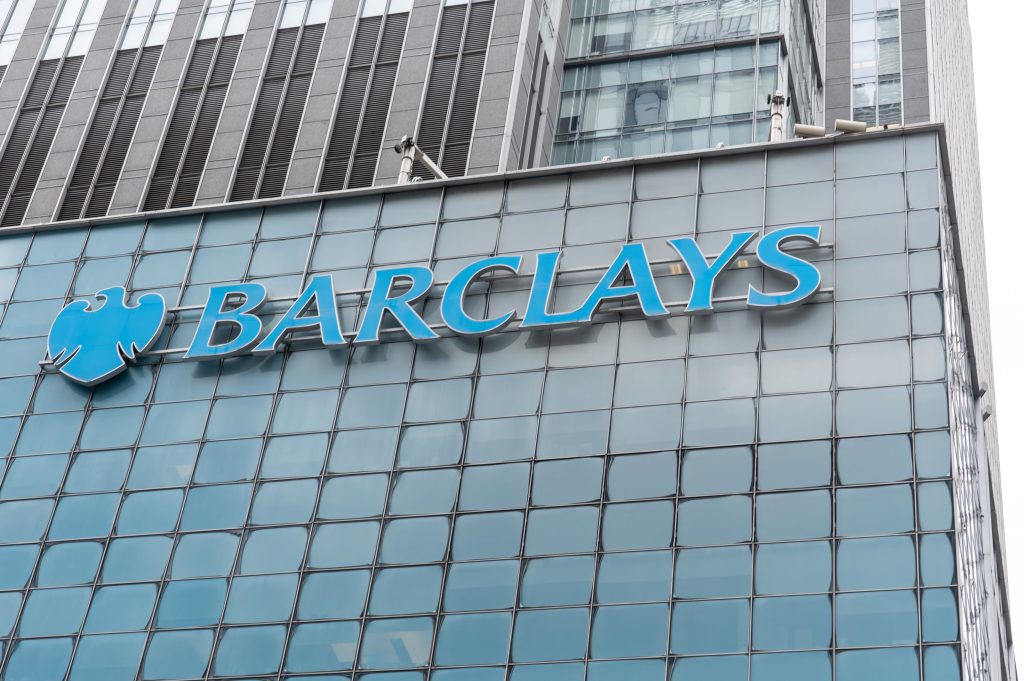FINRA fines Barclays Capital $2m for transgression of best execution rule.
A failure to comply with best execution obligations set out in FINRA Rule 5310 has resulted in a fine of $2m for Barclays Capital Inc.
Between January 2014 and February 2019, Barclays Capital owned and operated an alternative trading system known as LX. The firm routed all its customers’ marketable orders to LX, prior to routing to any competing venue, if the order could be filled in LX completely or partially at the National Best Bid and Offer or better, unless customers opted out of this routing preference.
Barclays Capital was found to have;
- failed to conduct reasonable reviews of execution quality for customer orders;
- failed to review price improvement data for orders routed to LX;
- failed to review speed of execution for any of the venues to which it routed customers’ orders; and
- not considered whether the firm could have obtained better execution speed from competing markets.
FINRA also found the firm’s supervisory system “was not reasonably designed to achieve compliance with its best execution obligations”.
Under the terms of FINRA Rule 5310, firms must seek the most favorable terms “reasonably available” for customer orders.
FINRA Rule 5310 – Best Execution
(a)(1) In any transaction for or with a customer or a customer of another broker-dealer, a member and persons associated with a member shall use reasonable diligence to ascertain the best market for the subject security and buy or sell in such market so that the resultant price to the customer is as favorable as possible under prevailing market conditions. Among the factors that will be considered in determining whether a member has used “reasonable diligence” are:
(A) the character of the market for the security (e.g., price, volatility, relative liquidity, and pressure on available communications);
(B) the size and type of transaction;
(C) the number of markets checked;
(D) accessibility of the quotation; and
(E) the terms and conditions of the order which result in the transaction, as communicated to the member and persons associated with the member.
(2) In any transaction for or with a customer or a customer of another broker-dealer, no member or person associated with a member shall interject a third party between the member and the best market for the subject security in a manner inconsistent with paragraph (a)(1) of this Rule.
(b) When a member cannot execute directly with a market but must employ a broker’s broker or some other means in order to ensure an execution advantageous to the customer, the burden of showing the acceptable circumstances for doing so is on the member.
(c) Failure to maintain or adequately staff an over-the-counter order room or other department assigned to execute customers’ orders cannot be considered justification for executing away from the best available market; nor can channeling orders through a third party as described above as reciprocation for service or business operate to relieve a member of its obligations under this Rule.
(d) A member through which an order is channeled and that knowingly is a party to an arrangement whereby the initiating member has not fulfilled its obligations under this Rule, will also be deemed to have violated this Rule.
(e) The obligations described in paragraphs (a) through (d) above exist not only where the member acts as agent for the account of its customer but also where transactions are executed as principal. Such obligations are distinct from the reasonableness of commission rates, markups or markdowns, which are governed by Rule 2121 and its Supplementary Material.
Barclays Capital agreed to publication of FINRA’s findings without admitting or denying them.














